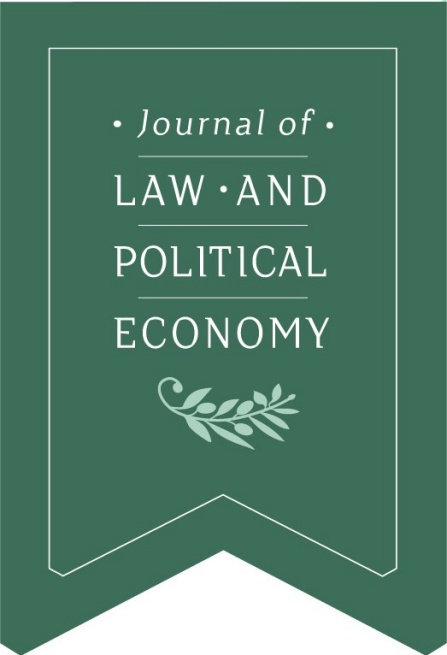
On Law and Racial Capitalism in Palestine
The anti-discrimination framework imagines a situation where authorities unjustifiably favor some categories of its population over others. While this analysis is not wrong, it obscures how Zionism – the political movement for a state for all Jews in the world and Israel’s official ideology – privileges even foreign Jews, to varying extents, over indigenous Palestinians. The systemic harm here is not merely discrimination; it is one of colonialism. And when we speak of colonialism – and especially settler colonialism, which seeks not only to rule native populations but to replace them – the logic of racial capitalism is seldom far behind.






